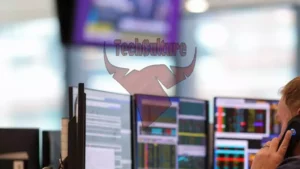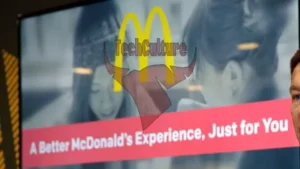Artificial Intelligence is not just about sci-fi movies and robots; it’s also about delving deep into the intricacies of the human brain. At the University College London’s Institute of Cognitive Neuroscience, a team of researchers has made a groundbreaking discovery by demonstrating how AI can unravel the mysteries of human memory and imagination.
Eleanor Spens, a doctoral student and the lead author of the study, emphasized how recent advances in AI’s generative networks have opened doors to understanding how memories shape our perception of the world and enable us to construct new experiences for both imagination and planning. The study focused on the hippocampus and neocortex – two vital parts of the brain that work hand in hand during memory, imagination, and planning.
One of the fascinating aspects highlighted by Spens is the parallel between remembering and imagining the past based on concepts. It’s a cognitive process where stored details in the brain combine with expectations about what events might have occurred. This study sheds light on the hippocampus’s role in encoding the meaning of new scenes, enabling it to focus on unique features that the neocortex cannot reproduce.
What’s truly mind-boggling is that this research unveils insights into how the brain generates new events during imagination and planning for the future. This not only deepens our understanding of the complex interplay between memory and imagination but also showcases the potential of generative AI in unraveling the cognitive processes of the human brain.
Imagine a world where we can decode the complexities of memory disorders, enhance learning techniques, and even unlock the secrets of human creativity, all with the help of AI. The implications of this study are far-reaching and have the potential to revolutionize not only how we understand the human mind but also how we can enhance it.
In a world where AI has often been viewed with skepticism and fear, this study shines a light on its potential to illuminate the darkest corners of our understanding. It’s not just about machines and algorithms; it’s about unlocking the enigma of our own consciousness and creativity. As we journey further into the realms of AI and cognitive neuroscience, one thing is for certain – we are only scratching the surface of what’s possible.






